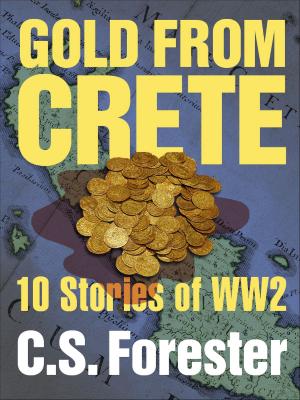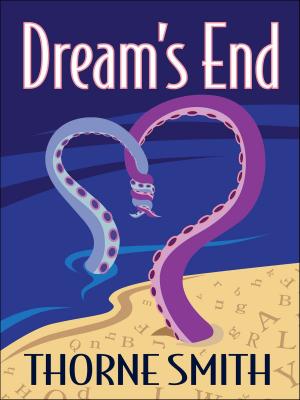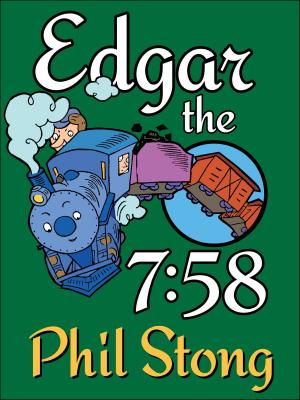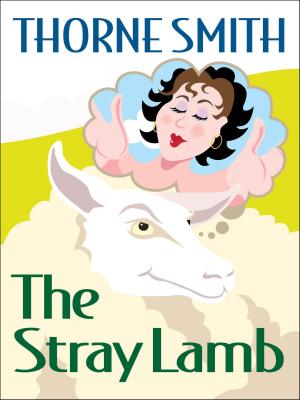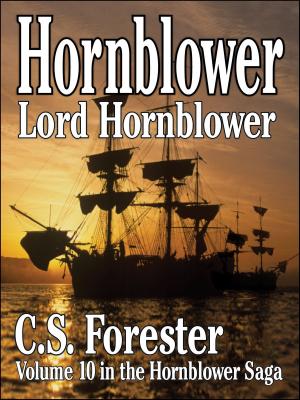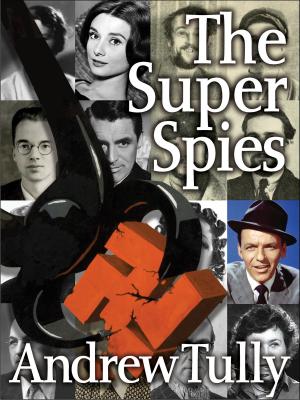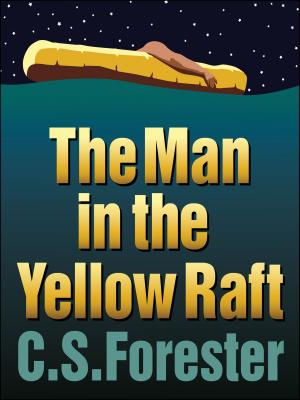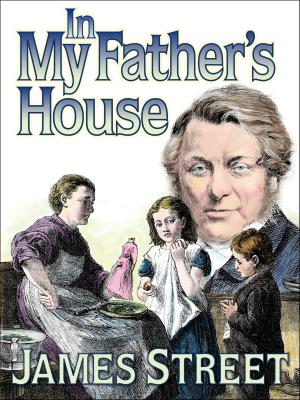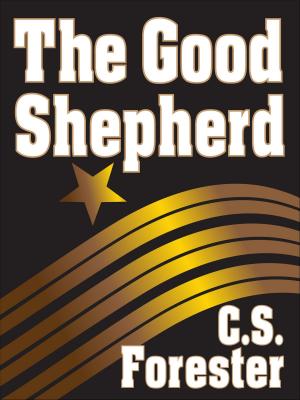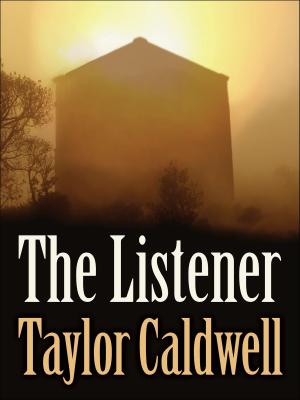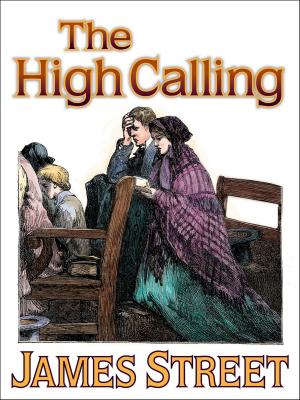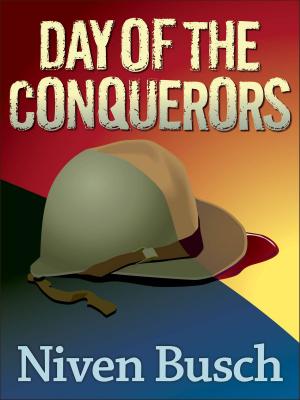| Author: | Samuel Shellabarger | ISBN: | 9781618868411 |
| Publisher: | eNet Press Inc. | Publication: | October 7, 2013 |
| Imprint: | Language: | English |
| Author: | Samuel Shellabarger |
| ISBN: | 9781618868411 |
| Publisher: | eNet Press Inc. |
| Publication: | October 7, 2013 |
| Imprint: | |
| Language: | English |
Judge Matthew Frole is a hated figurehead, a zealot of the code, intolerant, and feared. When he's paralyzed from an unknown poison and eventually dies, his wife and children are all suspects – of a heinous crime.
Inspector Norse, first introduced to readers in Door of Death, returns with his expert knowledge and mental acumen to face a mare's nest of issues: the murder of Judge Frole, his deviant family, mistaken identities, and a growing voodoo culture―savage, elemental, and cruel.
As the story progresses, Inspector Norse faces the constraints and rigid perceptions of his own inheritance and grapples with feelings and observations that bely his beliefs ― the author's endeavor to address race relations and resentment of white institutions, a bold attempt in 1930. Are his attitudes unshakable or does he eventually acknowledge that every soul follows his own course over which the canons of one race hold no competency over another? The reader may be surprised by the novel's moving conclusion.
Voodoo is a potent example of mysteries of the era as well as one author's provocative exploration of racism in the early decades of the twentieth century.
Judge Matthew Frole is a hated figurehead, a zealot of the code, intolerant, and feared. When he's paralyzed from an unknown poison and eventually dies, his wife and children are all suspects – of a heinous crime.
Inspector Norse, first introduced to readers in Door of Death, returns with his expert knowledge and mental acumen to face a mare's nest of issues: the murder of Judge Frole, his deviant family, mistaken identities, and a growing voodoo culture―savage, elemental, and cruel.
As the story progresses, Inspector Norse faces the constraints and rigid perceptions of his own inheritance and grapples with feelings and observations that bely his beliefs ― the author's endeavor to address race relations and resentment of white institutions, a bold attempt in 1930. Are his attitudes unshakable or does he eventually acknowledge that every soul follows his own course over which the canons of one race hold no competency over another? The reader may be surprised by the novel's moving conclusion.
Voodoo is a potent example of mysteries of the era as well as one author's provocative exploration of racism in the early decades of the twentieth century.

